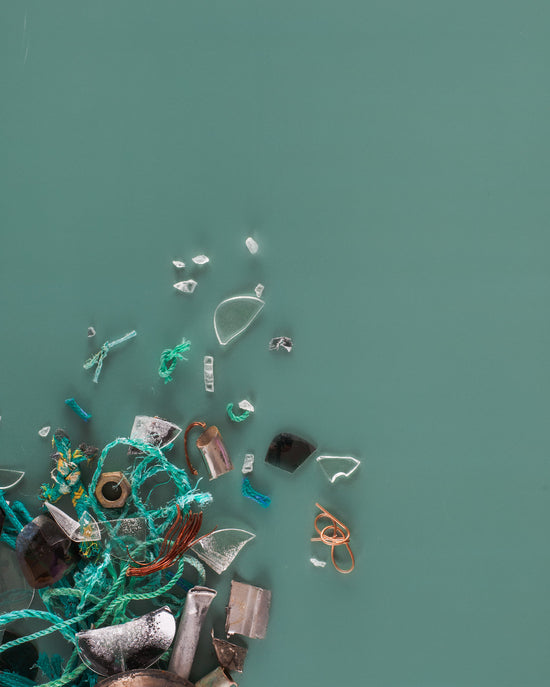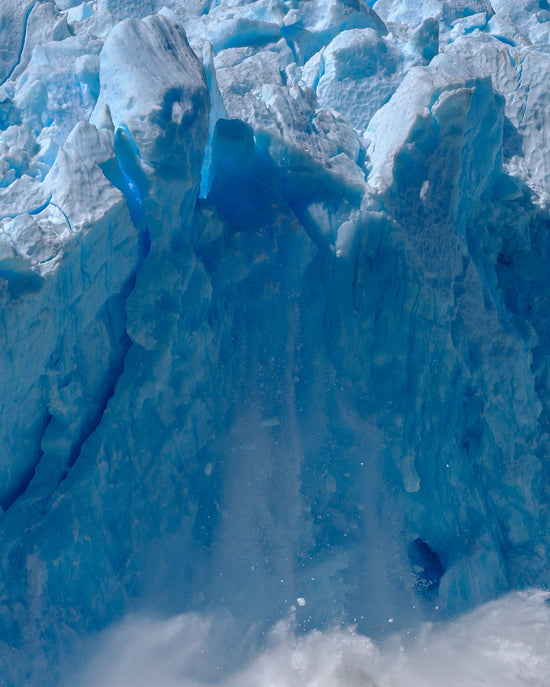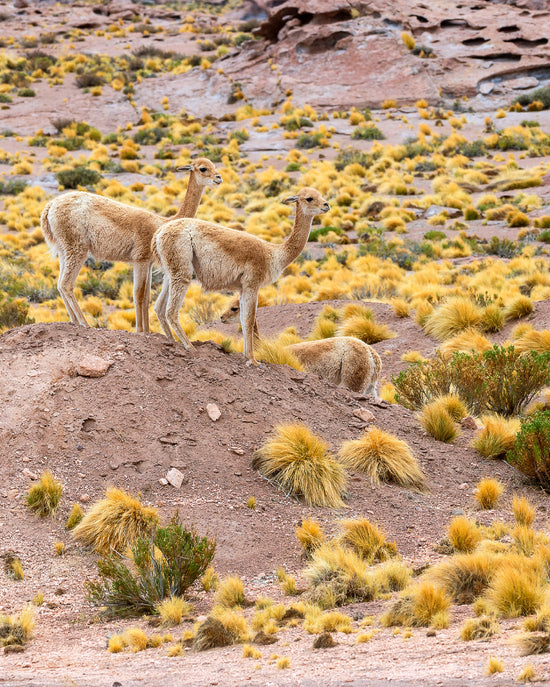Since August 2 that the earth lives "on credit" after consuming the total amount of resources that can be renewed in a year. What do you do to avoid it?
Why does this "ecological deficit" occur? It's quite simple, the amount of carbon dioxide we emit into the atmosphere is greater than the oceans and forests can absorb, plus we deplete fisheries and cut down trees faster than they can regenerate. For the same reason, we notice the cost of this overconsumption in the shortage of water, desertification, disappearance of species or erosion of floors. Sound familiar?

We all know that the earth's natural resources are not infinite and therefore it is important to be responsible with our actions on the planet. What would happen if I told you that we have already consumed the total resources that the planet can renew in a year? Well that day known as "Earth Overshoot Day" already arrived and was the 2nd of August, six days before than in 2016, when on August 8th humans had already exhausted available renewable resources for the whole year.
Yes, today humanity lives on credit with the planet, since we are currently consuming resources that were intended for the future, although if we go in detail to the case of each country, in Chile our ecological footprint will exceed the country's bio-capacity on November 4th, which reflects a small improvement, since in relation to 2016, our ecological deficit was deferred in four days (in 2016 was October 31st).
The date that indicates this turning point between what we consume and the capacity of the planet to regenerate is calculated by the sustainability think tank Global Footprint Network, member of the WWF global conservation organization, who alert that according to our ecological footprint, humanity would need 1,7 planets to meet its natural resource needs today.

According to GNF data in 2016, the countries that used the most resources are Australia, the United States, Switzerland, South Korea and Russia. In the case of our country (Chile), since 2006 we spend more resources than we produce each year, but the situation is even worse in countries like Singapore who get a three-day "overdraft" at the beginning of the year.
But not all is bad news, since last year different countries have taken steps to reduce this ecological impact, such as Costa Rica, which generated 97% of its electricity from renewable sources in the first three months of 2016, while Portugal, Great Britain and Germany covered 100% of electricity demand with renewable energy within minutes while Portugal did so for days. In China the Government has taken steps to reduce the consumption of meat of its citizens by 50% in order to reduce carbon dioxide emissions.

How can you contribute to this ecological overdraft? First you can start by changing your lifestyle for a more environmentally friendly one and for that there are many simple ways you can check in the next test that calculates how many planets you spend depending on what you eat, where it comes from, the characteristics of your home, the amount of trash you generate, the way you carry yourself and more: http://www.footprintnetwork.org/







